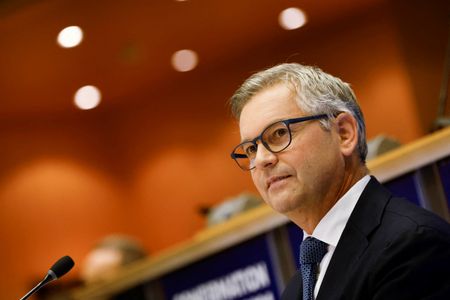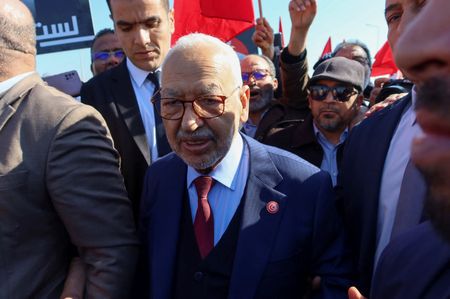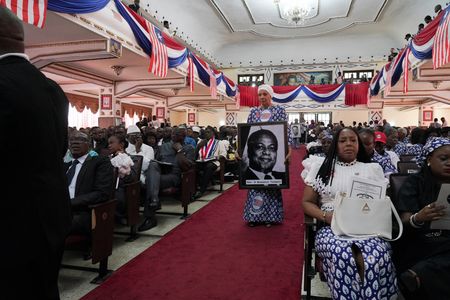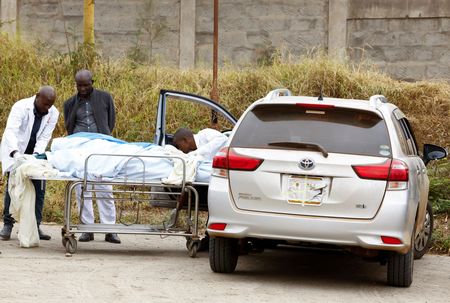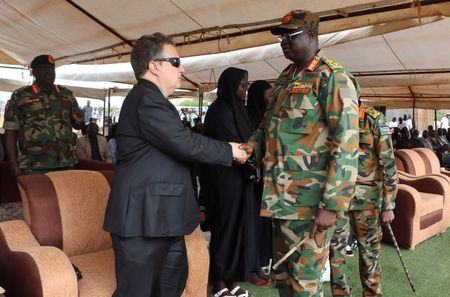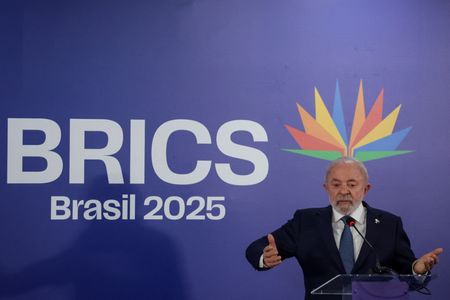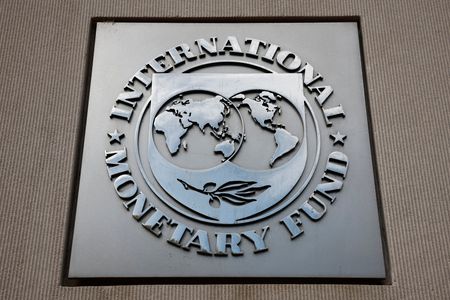TRIPOLI (Reuters) -The European Union migration commissioner and ministers from Italy, Malta and Greece were denied entry to the eastern part of divided Libya on Tuesday as they had disregarded “Libyan national sovereignty”, the Benghazi-based government said.
The delegation had arrived to attend a meeting with the parallel government of Osama Hamad, allied to military commander Khalifa Haftar who controls the east and large areas of southern Libya, shortly after a meeting with the rival, internationally recognised government that controls the west of Libya.
The delegation included EU Internal Affairs and Migration Commissioner Magnus Brunner, Greek Migration and Asylum minister Thanos Plevris, Italian Interior Minister Matteo Piantedosi and Maltese Home Affairs Minister Byron Camilleri.
The Benghazi-based government said the visit was cancelled upon the delegation’s arrival at Benghazi airport whereupon the ministers were declared persona non grata and told to leave Libyan territory immediately.
Members of the European delegation did not immediately respond to Reuters requests for comment.
The Hamad government had said on Monday all foreign visitors and diplomatic missions should not come to Libya and move inside the country without its prior permission.
Earlier in the day the EU delegation had met in Tripoli with the U.N.-recognised government of Abdulhamid Dbiebah to discuss the migration crisis before flying to Benghazi.
Libya has become a transit route for migrants fleeing conflict and poverty to Europe across the Mediterranean since the fall in 2011 of dictator Muammar Gaddafi to a NATO-backed uprising. Factional conflict has split the country since 2014.
Dbeibah said during the meeting he had tasked his interior ministry with developing a national plan to tackle migration “based on practical cooperation with partners and reflecting a clear political will to build sustainable solutions”.
(Reporting and writing by Ahmed Elumami with additional reporting by Ayman Werfali in Benghazi; editing by Alexander Dziadosz and Mark Heinrich)

